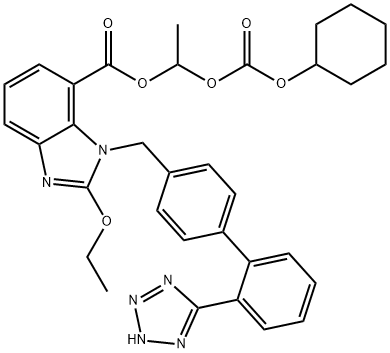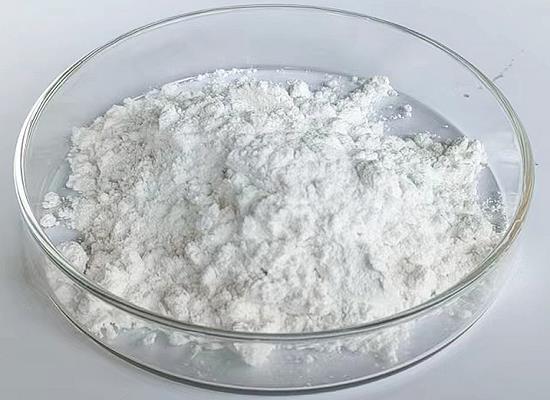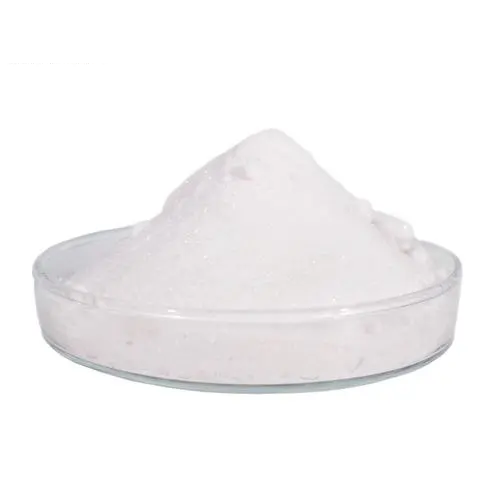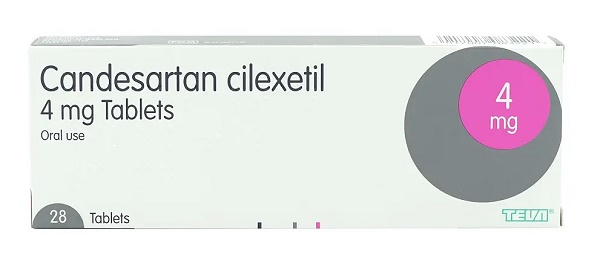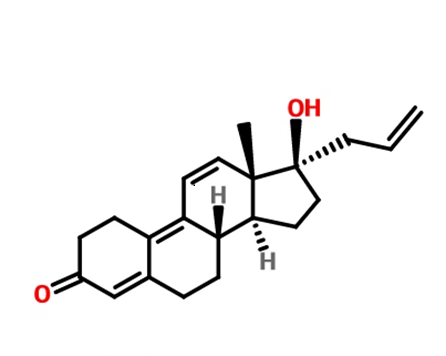Candesartan cilexetil vs hydrochlorothiazide for the treatment of high blood pressure, which is more effective?
Candesartan cilexetil and hydrochlorothiazide are both commonly used to treat high blood pressure. Candesartan cilexetil is a highly selective antagonist of the AT1 receptor. AT1 receptors are found in the heart, kidney, vascular smooth muscles, adrenal gland, brain, platelets and adipocytes. They cause vasoconstriction, an increase in sodium retention, suppress renin secretion, stimulate vascular and cardiac fibrosis, increase myocardial contractility and activate sympathetic activity. Candesartan binds to the AT1 receptor irreversibly, preventing the effects of AT II. Whereas hydrochlorothiazide is a diuretic. It lowers blood pressure through a sodium-lowering effect, which over time leads to hypovolemia and decreased peripheral vascular resistance. The mechanisms of action of the two are complementary, and therefore the combination has a synergistic effect.
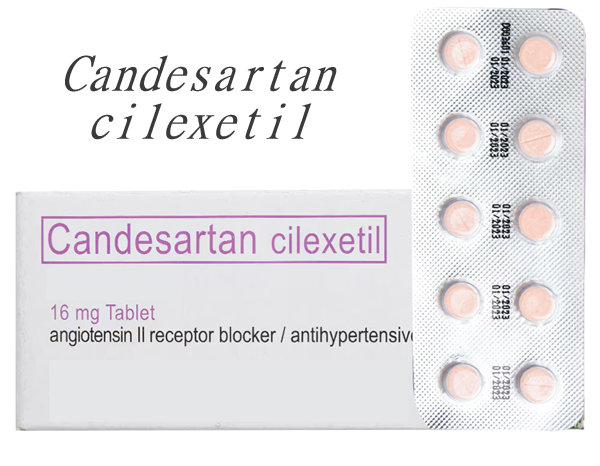
Efficacy and safety of candesartan has been tested in a number
of clinical trials. In a randomized, double-blind study of
365 patients with systemic hypertension and a mean sitting
diastolic BP of 95 to 114 mmHg, BP was significantly reduced
when candesartan cilexetil was administered daily for
8 weeks. All doses of candesartan (2, 4, 8, 16 and 32 mg) reduced trough sitting systolic and diastolic BP compared with
placebo. Mean changes in BP were -10.7/-7.8 in the 16 mg
group and -12.6/-10.2 in the 32 mg group versus
-0.3/-2.6 mmHg in the placebo group.
A total of 275 patients with hypertension were randomized in a double-blind, placebo-controlled, 8-week treatment
trial. Patients were given candesartan 32 mg alone, hydrochlorothiazide 12.5 mg alone, candesartan plus 12.5 mg of
hydrochlorothiazide, or placebo. After 8 weeks, BP was reduced
by 3.2/3.7 mmHg in the placebo group, 8.6/10.6 mmHg in the
candesartan group, 5.9/6.3 mmHg in the hydrochlorothiazide
group, and 22.1/14.5 mmHg in the combination group. A total
of 78% of patients on the combination of candesartan/hydrochlorothiazide were responders, compared with 56% of patients
on candesartan alone, 30% on hydrochlorothiazide and 29% on
placebo.
In summary, candesartan cilexetil is a long-acting ARB with
irreversible binding properties to AT1 receptors. Numerous
studies have shown its efficacy and safety in treating patients
with hypertension. Comparative data have shown similar or
better results to other monotherapies in BP reduction. In
combination with hydrochlorothiazide, candesartan has been
shown to have additive or synergistic effects.
Recent data demonstrate that candesartan cilexetil is useful
in the treatment of patients with heart failure and may protect against diabetic nephropathy. Studies have also shown
protection from stroke, particularly in patients with isolated
systolic hypertension.
References:
[1] AMY ROSS Vasilios P. Candesartan cilexetil in cardiovascular disease.[J]. Expert Review of Cardiovascular Therapy, 2004. DOI:10.1586/14779072.2.6.829.
You may like
Related articles And Qustion
See also
Lastest Price from Candesartan cilexetil manufacturers

US $5.00-0.50/KG2025-05-30
- CAS:
- 145040-37-5
- Min. Order:
- 1KG
- Purity:
- 99% hplc
- Supply Ability:
- 500TONS

US $5.00-0.50/KG2025-05-08
- CAS:
- 145040-37-5
- Min. Order:
- 1KG
- Purity:
- 99% hplc
- Supply Ability:
- 500TONS
